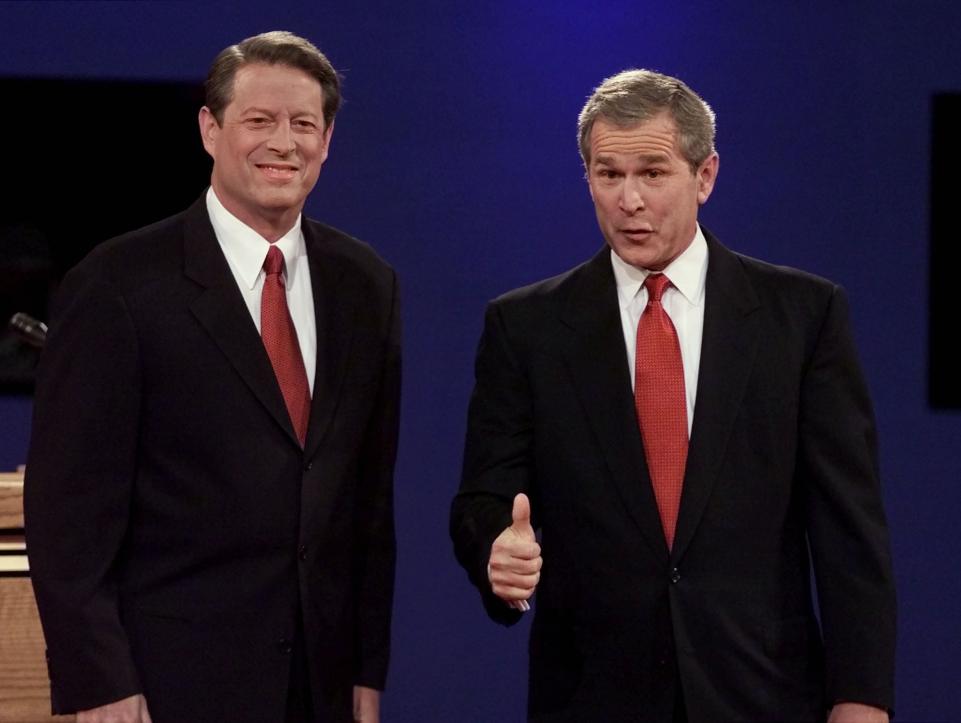During the third and final presidential debate last night, Donald Trump gave one of the more uncomfortable answers in history. When asked if he would accept the results of the November election, he refused to answer in the affirmative. He suggested that the election was “rigged,” stating that “millions of people” are registered to vote who shouldn’t be, without giving any details as to what he was referring to. Trump ended his discussion by saying he will decide at the time of the election and “keep you in suspense.”
For those who don’t remember, this was Trump’s reaction to the 2012 election:

Given that, is there any reason to believe that he will not make excuses when he likely loses by a landslide in November? However, unlike in 2012, he now has some semblance of political power and the ability to incite millions of his followers to act. Even an ill-phrased statement (or tweet) the night of the election could be enough to indicate to some that he is condoning insurrection.
Beyond the childishness and immaturity of such a response, it has real-world implications. Perhaps a second civil war would not be sparked, but the likelihood of violence and general tension among the populace certainly increases if Trump refuses to concede that he lost in a fair election. In a country already divided along so many lines, needless to say, this is about the last thing which is needed.
Some Republicans and Trump supporters after the debate attempted to rationalize Trump’s statements by comparing them to Al Gore’s reaction to the end of the 2000 presidential election. However, there is very little comparison.
Trump is stating 20 days before the election that he will not necessarily accept the results because of an ambiguous claim of “rigging.” Gore, on the other hand, raised his complaints only after ballots had been cast showing him ahead in the popular vote and just narrowly (a few hundred votes) behind in Florida.
Remaining within the structure of the constitutional system and requesting to exercise his right to a re-count, he took his case to the Supreme Court, which deemed his challenge worthy of a special session. Even after the Court decided the case on a party-line vote, Gore accepted the decision and indicated that it was time to move on. Though some Democrats still cling to this as an “injustice” 16 years later, the effective leader of the party at the time (Gore) set the tone.
The 2000 election was a once-in-a-lifetime moment in American politics. While highly unlikely, if Trump were to face a similar extraordinary situation on this election day, he would not even need to rationalize his decision. That is because most anyone would understand his skepticism if it came down to only a few hundred votes. For this reason, Trump needn’t (and really shouldn’t) indicate his wariness before the election even takes place.
Perhaps Trump does not understand the weight of his words or the significance of what he is saying. However, it would be best for (what is left) of his reputation and the country if he would simply admit that he will accept defeat should it (likely) come on election day.





1 comment
… [Trackback]
[…] Find More here to that Topic: thelibertarianrepublic.com/trump-gore-election/ […]